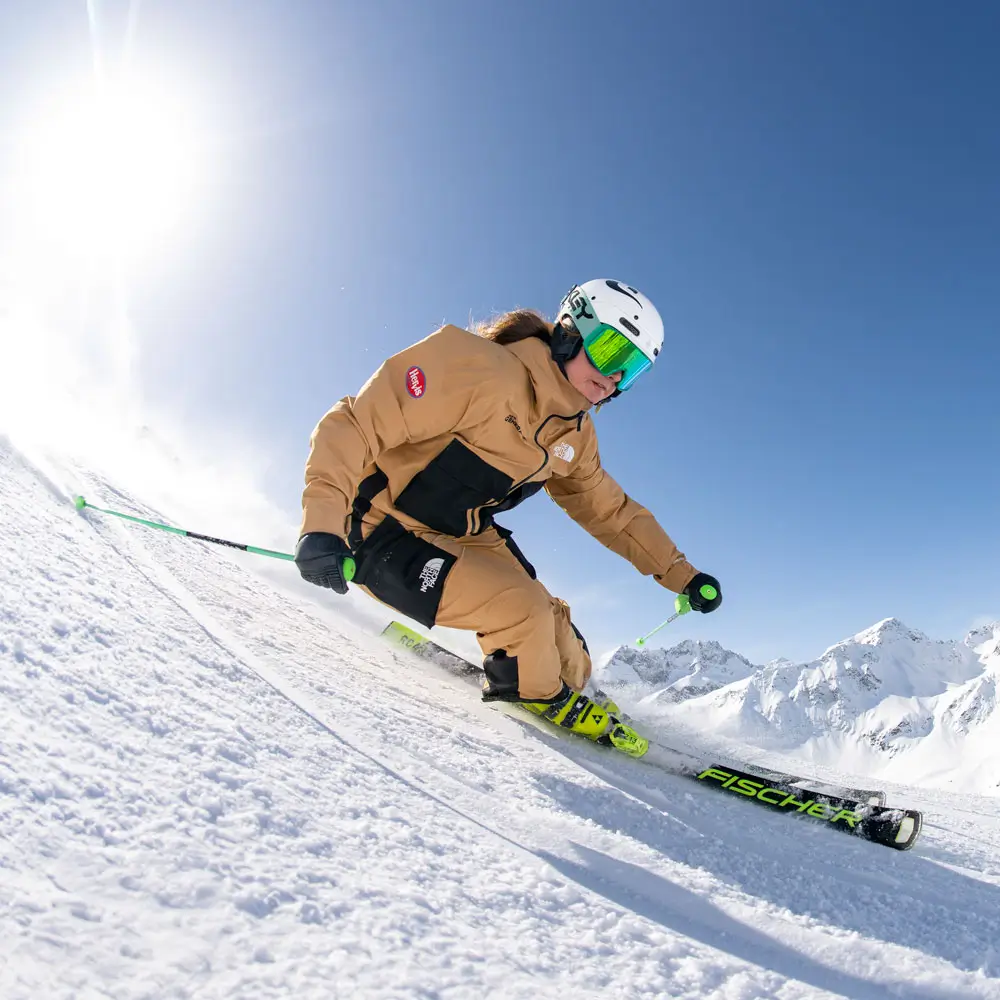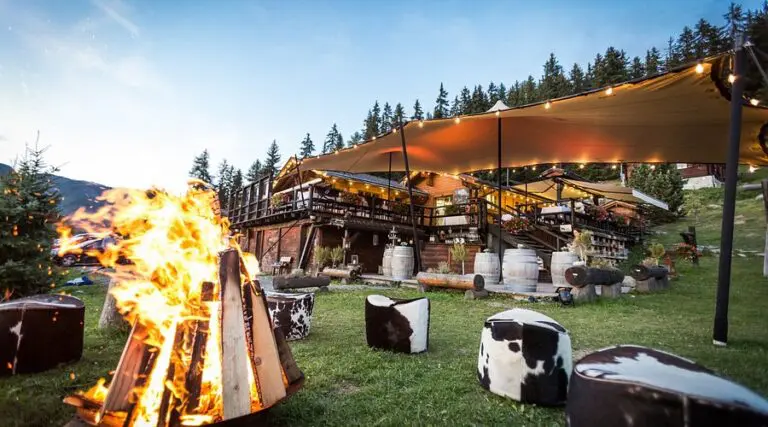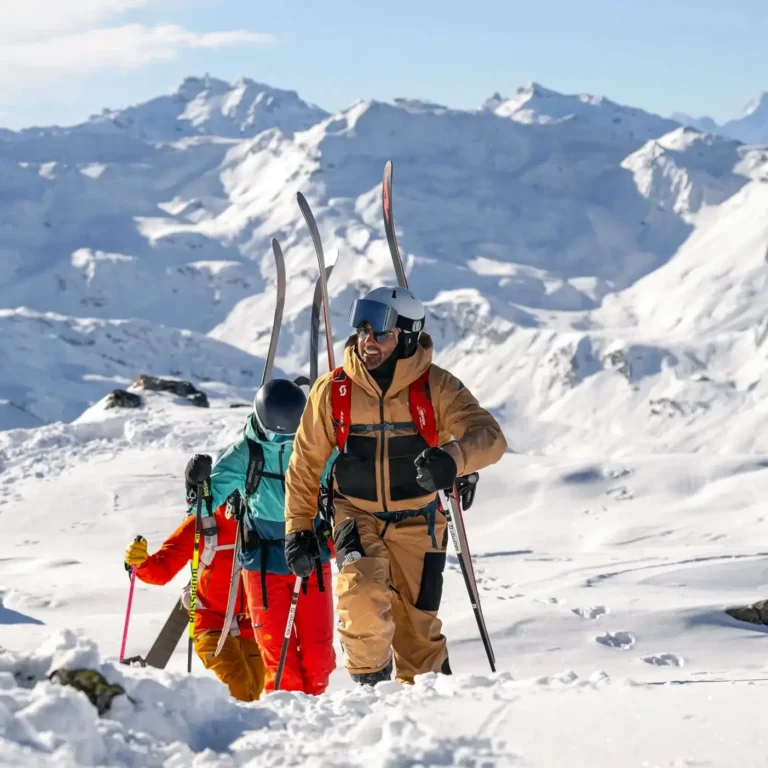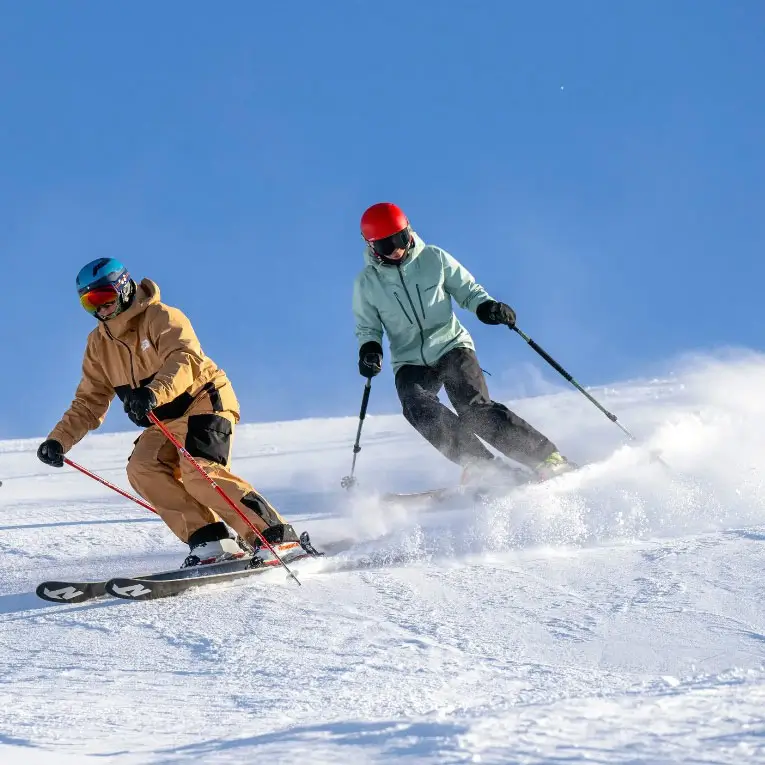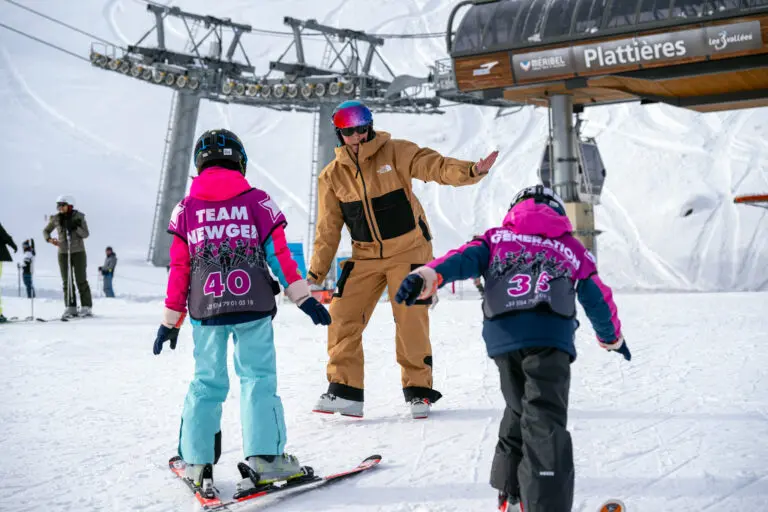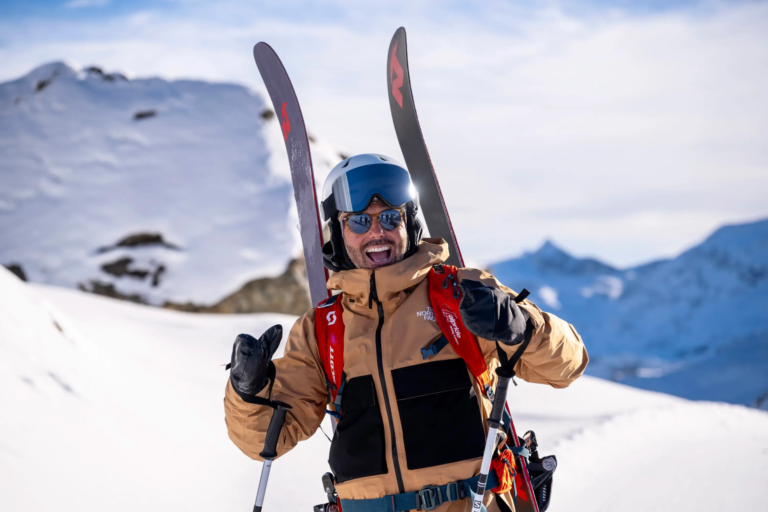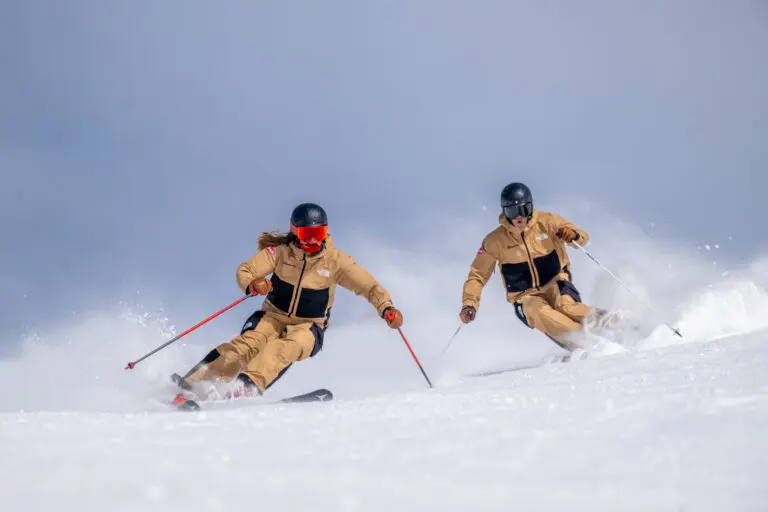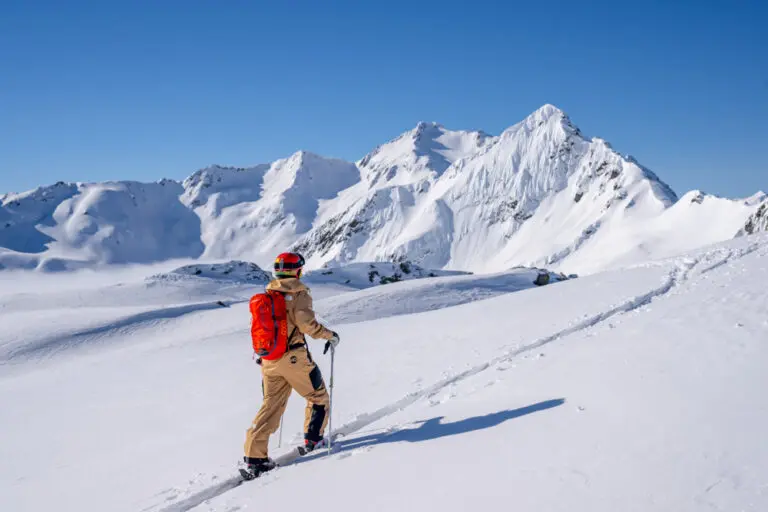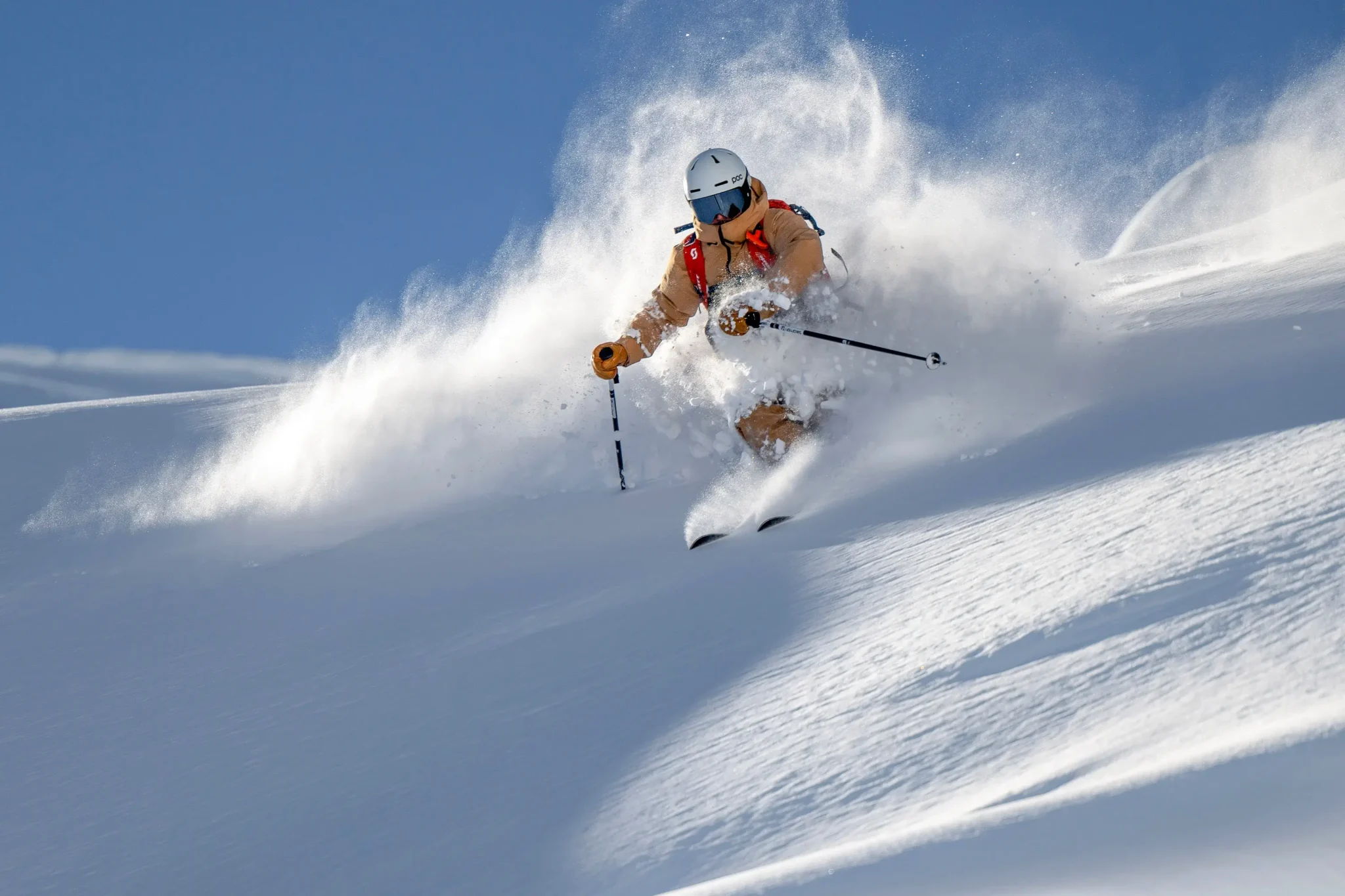Becoming a ski instructor can be an incredibly rewarding career. From sharing your love for the slopes to experiencing the thrill of teaching others, it’s full of opportunities. But what does it take to become a qualified ski instructor?
The Path to Becoming a Ski Instructor
The qualifications you need to become a ski instructor depend on where you want to work, as each country has unique laws and regulations. Qualifications from organisations like BASI (British Association of Snowsports Instructors), CSIA (Canadian Ski Instructors‘ Alliance), PSIA (Professional Ski Instructors Association), DAPSI (The Danish Ski School) and Snowsports Austria are recognised in most countries around the world.
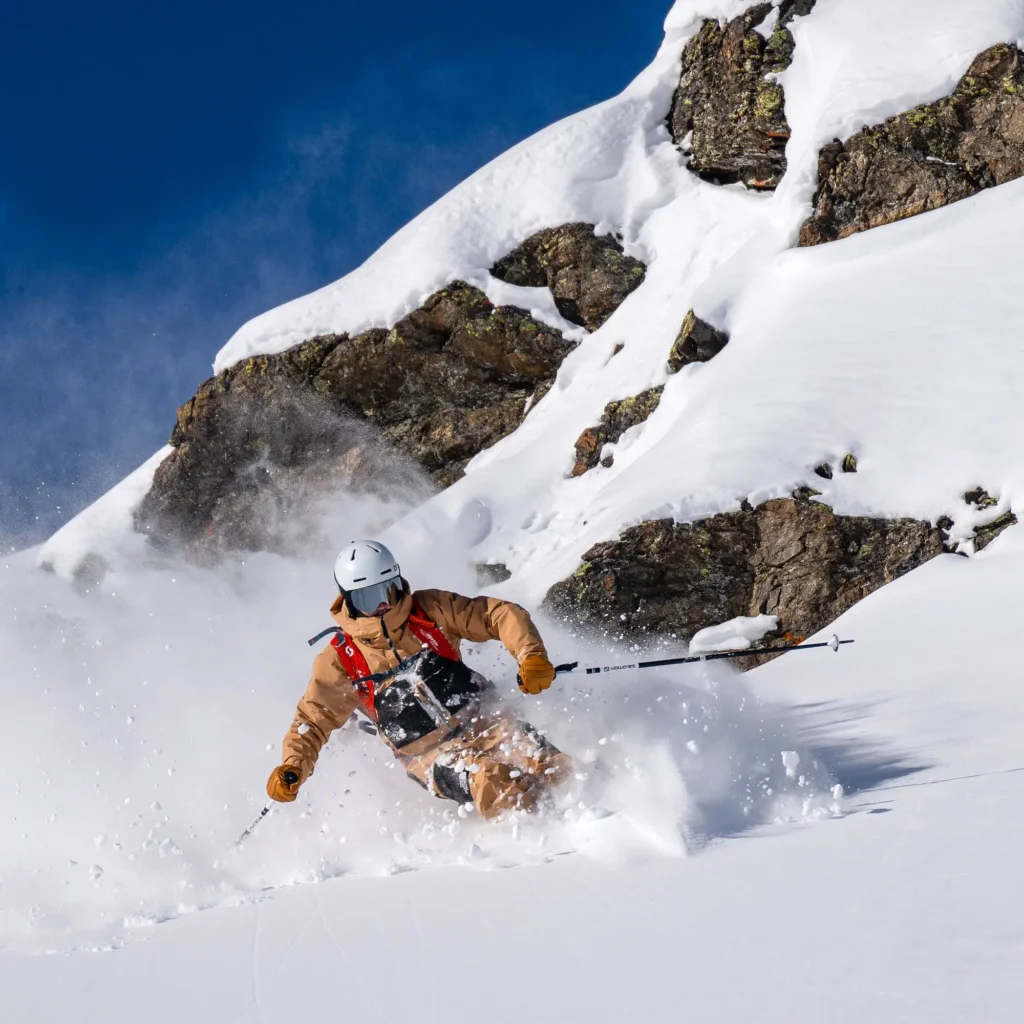
Qualification Systems vs Qualification Levels
BASI, CSIA, DAPSI and Snowsports Austria are examples of qualification systems. Only a few qualification systems are recognised worldwide, and the different systems don’t always let you convert your qualification. So make sure you research which systems are recognised in the countries in which you want to work.
Most Ski Instructor qualification systems are split into four levels. What each level allows you to teach varies slightly by the system and can change further depending on local law, but broadly speaking:
Level 1 Qualifications
- Who is it for: Beginners looking to enter the ski instruction world.
- Prerequisites: Confidently ski parallel on red runs, able to make rhythmical short turns at a steady pace and to carve long turns on green or easy blue slopes, be a minimum of 16 years old and have completed at least 16 full weeks of skiing.
- What it delivers: Teaches foundational skills, including how to effectively instruct beginner-level skiers and ensure their safety. to carve long turns on green or easy blue slopes
- Duration: Typically completed in a week, and you can teach in indoor environments or controlled slopes after certification.
Read more: BASI Level 1 Frequently Asked Questions.
Level 2 Qualifications
- Who is it for: It introduces more advanced techniques and teaching principles, ensuring you can instruct at a higher level and handle more challenging skiing conditions.
- Prerequisites: Candidates must have completed the BASI Level 1 qualification, hold an approved first aid certificate, and complete a specific Child Protection module.
- What it delivers: A deeper focus on advanced skiing techniques, teaching intermediate skiers, and understanding complex safety protocols.
- Career Opportunities: With this certification, you can teach in high-profile resorts across Europe.
ISIA Level 3
- Who is it for: Professionals pursuing senior instructor roles or international recognition.
- Prerequisites: Proficiency in high-end skiing techniques and completion of Level 2 qualifications.
- What it delivers: It incorporates expert-level skiing, technical knowledge, and even an understanding of avalanche safety. In most cases, the Level 3 Qualification aligns with the Internation Ski Instructor Association (ISIA) criteria. This is the first Qualification to have formal International Recognition and standardised criteria. You can start teaching advanced skiers and, in some countries, start leading groups off-piste.
- Career Opportunities: This position positions you as a leader within the skiing world, offering opportunities to teach in renowned ski destinations and progress into training new instructors.
Read more: BASI level 3 and ISIA Training Programmes
Level 4 Qualifications
Primarily only found in European Systems, this is the final rung of the ladder. It will allow you to start teaching in France and give you far greater freedom to instruct off-piste in European Ski Resorts. Once you’re qualified at this level, the world is your oyster, and you can make more than the UK average annual salary in just five months of the year.
Qualification Recognition vs Right to Work
When it comes to working abroad as a ski instructor, understanding the difference between qualification recognition and the right to work is essential. While your qualifications might be acknowledged in a specific country, this doesn’t automatically grant you permission to work there. Work visas, permits, or residency requirements vary greatly depending on the location, and these can impact your ability to secure employment.
For instance, European qualification systems like BASI are widely recognised across EU countries, but post-Brexit, British instructors may need additional permits to work legally in Europe. Similarly, if you’re qualified under CSIA and aiming to work in the United States, you’d need to ensure your visa aligns with their regulations for temporary employment. Always thoroughly research the options and requirements for your chosen destination.
Key Requirements Beyond Certification
Physical Fitness and Skiing Ability
A career as a ski instructor demands strong physical fitness. Skiing for hours daily requires stamina, balance, and agility. Your skiing ability also matters – a professional instructor must consistently demonstrate excellent technique to inspire confidence in their students.
First-Aid and Safety Training
Safety is paramount on the slopes. Comprehensive first-aid training is a key requirement for ski instructors. Many certification programs include first-aid modules, but additional training in avalanche safety and risk assessment is highly recommended for higher-level instructors.
Communication and Teaching Skills
Apart from technical skills, being a successful ski instructor requires the ability to communicate effectively with a diverse range of students. The best instructors can adapt their teaching style to suit children, beginners, intermediates, and even groups with varied skill levels.
Personal Growth and Confidence-Building
It’s not just about teaching skiing—you’re also helping people gain confidence on the slopes. Many students will remember their ski instructor as the person who gave them the skills to enjoy a lifetime of skiing adventures.
How Do You Obtain Proper Certification?
As highlighted earlier, the typical route involves choosing a recognised certifying organisation, like BASI. Most basic certification programs, such as BASI Level 1 and Level 2, also include comprehensive training packages that combine technical courses, workshops, and a final assessment.
To gain experience, consider joining a training provider like New Generation Ski School. With over 25 years of experience, they offer a structured pathway that includes coaching, accommodation, and professional mentoring to help you succeed. You can begin your career with a Level 1 and 2 course, which typically lasts 10–12 weeks—perfect for those seeking an all-in-one solution.
For advanced certification (ISIA Level 3), you’ll need to complete additional training, perfect high-level techniques, and build substantial teaching experience on the slopes.
Career Paths as a Ski Instructor
A certification unlocks a world of opportunities. Some of the potential paths include:
- Seasonal Work: Many instructors work around the world in different seasons, skiing year-round.
- Resort-Based Roles: Becoming a permanent instructor in a busy resort or ski school.
- Freelance Instructor: Offering private lessons on a flexible schedule.
- Instructor Trainer: Moving up to train and certify future ski instructors.
- Tourism and Adventure Careers: Using your skills in ski guiding or winter adventure tourism roles.
No matter which path you take, a career in ski instruction promises not only an exciting and adventurous lifestyle but also the opportunity to connect with people who share your love of skiing.
Start Your Ski Instructor Journey
Becoming a ski instructor is about more than just qualifications—it’s about sharing your love for the slopes, inspiring students, and constantly growing as an individual. Whether you’re just starting out or considering advanced certification, the process is an enriching experience.
New Generation Ski and Snowboard School offers internationally recognised training programs to guide you at every step of your ski instructor career. From foundational courses to ISIA-accredited certifications, they provide expert coaching to help you live your dream on the slopes.
Want to learn more about becoming a ski instructor or wondering ‚what qualifications do I need to be a ski instructor‘? Find the perfect course for your career goals today! Book Now or contact us to find out more.
